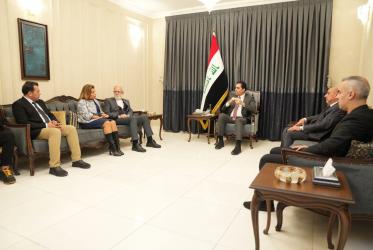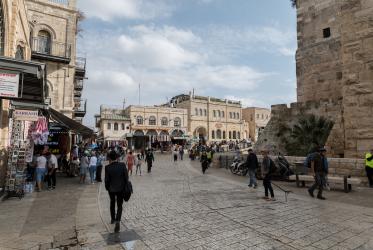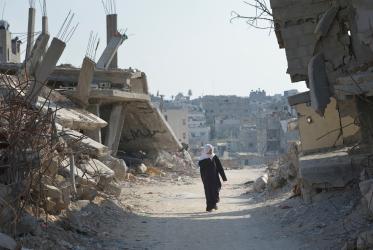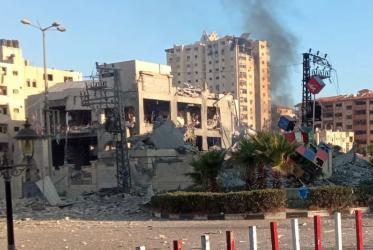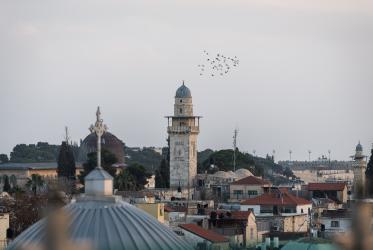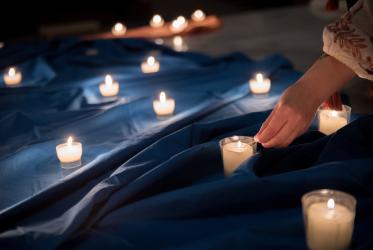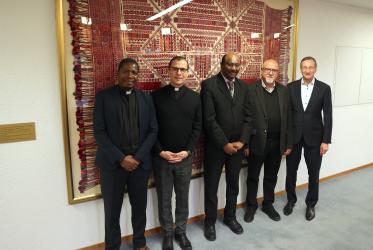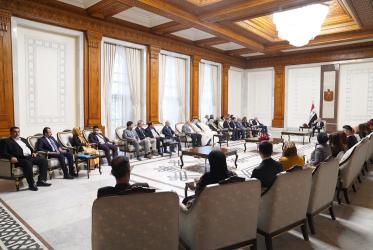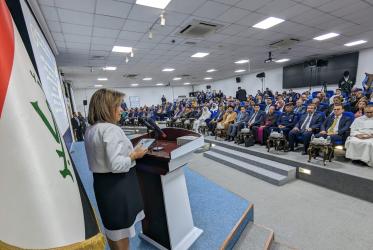Displaying 1 - 20 of 241
Women and children in Gaza bearing brunt of ongoing war
16 January 2024
WCC continues to promote inclusive citizenship in Iraq
15 January 2024
WCC calls for immediate end to brutal violence in Gaza
30 December 2023
WCC marks 75th commemoration of “Al-Nakba”
16 May 2023
WCC calls for an end to violence in West Bank
23 February 2023



